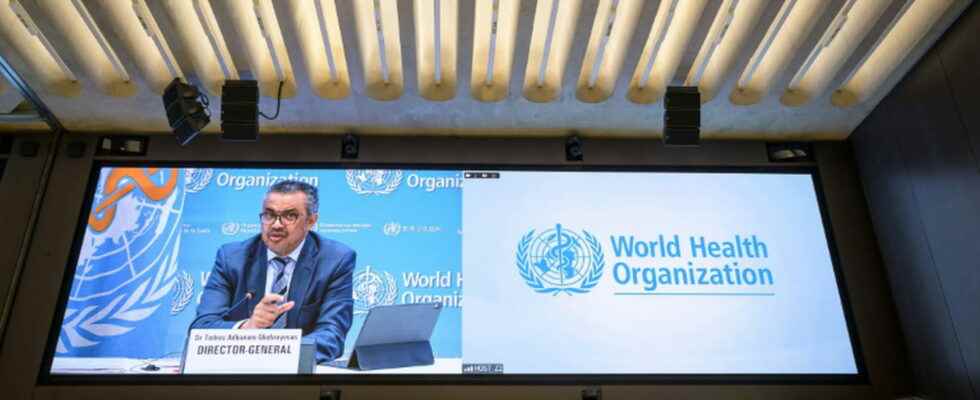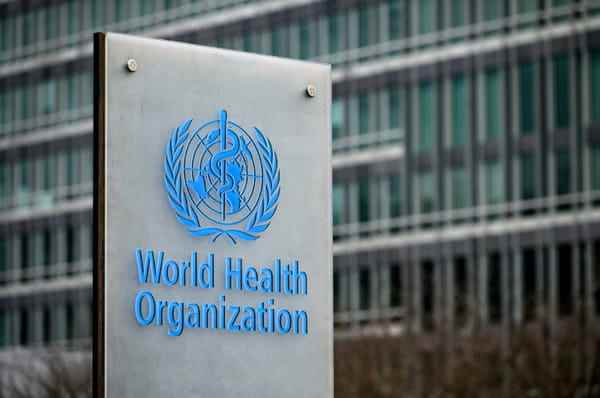The war in Ukraine and its procession of planetary threats, an interminable Covid-19 pandemic: the 194 member countries of the WHO meet in Geneva on Sunday in this complicated context to build a more efficient and just global health system.
A resolution initiated by theUkraine must particularly denounce the attacks perpetrated by Moscow on the health system but also condemn the extremely serious consequences of the invasion and the blockade of the Ukrainian ports on the world supply and the explosion of the price of cereals.
“The war in Ukraine has a systemic impact on international organizations since it requires considerable time to be spent managing the Russian question in organizations and the declination of the consequences on health in Ukraine, in Europe and in the world. “, explains a European diplomat.
A balance must also be found, with many countries believing that Ukraine’s allies are applying double standards, neglecting other crises and that health cooperation is a separate area to be preserved.
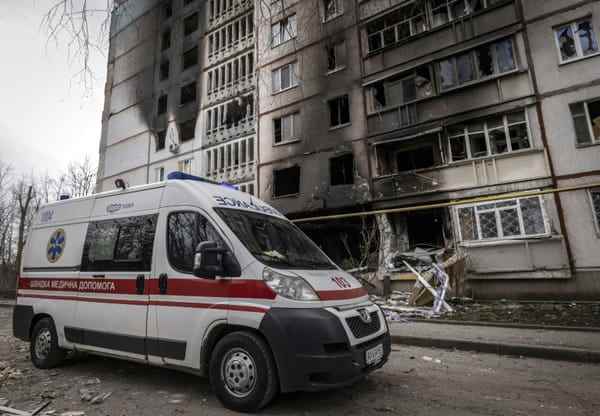
An ambulance in front of a burning building on April 2, 2022 in Kharkiv, eastern Ukraine.
© AFP – FADEL SENNA
On the Russian side, the embassy in Geneva wanted to nip in the bud information that Moscow was preparing to withdraw from the organization.
“Rumours that Russia will withdraw from the WHO are simply untrue,” hammers a tweet marked with a giant exclamation mark.
– Tedros certainty –
The renewal for 5 years of the director general, Tedros Adhanom Ghebreyesus is acquired despite the hitches that marked his first term, such as his attitude deemed too conciliatory towards China at the start of the Covid-19 and a too slow reaction to the scandal of sexual exploitation of certain employees.
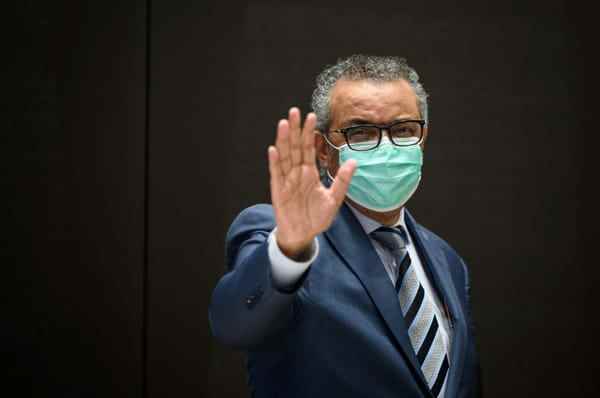
WHO Director General Tedros Adhanom Ghebreyesus in Geneva, December 20, 2021
© AFP – Fabrice COFFRINI
But without a rival and with the support of the heavyweights of the organization, the first African director general of the WHO will be able to continue his work.
“We confidently expect from him a very strong commitment to the continued management of the pandemic but also the very large project of global health reform”, underlines the European diplomat.
– Money, nerve of health –
From Monday, the ministers of health should follow one another at the podium for this first face-to-face Assembly since the start of the pandemic, and we will get into the hard part: the sustainable financing of the WHO.
The Organization – to which some conspirators nevertheless lend the desire to control health in the world – only has a two-year budget of around 6 billion dollars.
By comparison, the Public Assistance/Hospitals of Paris has a little less than 8 billion euros per year.
The problem comes from assessed contributions – the mandatory membership dues which account for only 16% of the total in 2020-21. The rest – voluntary contributions – are more difficult to plan, consume energy to obtain and are often assigned to a specific task.
The idea is to gradually increase the share of compulsory contributions to 50%, over a period of ten years to enable the WHO to better play its role, but not without reforming itself in return.
“It will be important for the WHO to quickly implement the reforms” so that the decisions on sustainable financing can apply, warned Sheba Crocker, the ambassador of the United States.
– Architecture –
The Covid-19 pandemic has laid bare what is not working in the global health system.
The Assembly will therefore look into revamping the International Health Regulations (IHR), to enable a more effective and rapid response to health emergencies.
In the same vein, the Assembly should decide on the creation of a Standing Committee on Emergencies stemming from the WHO Executive Board and activating within 24 hours in the event of a health emergency of international concern – the highest level of alert of the WHO.
At the same time, work has been launched on a new international agreement on global health, which for its supporters should be binding, and could complement the RSI.
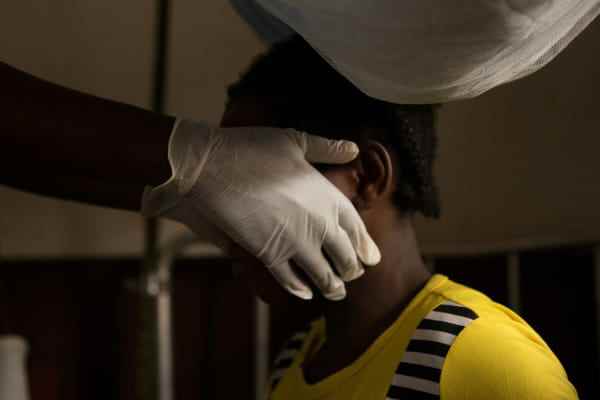
A doctor examines a woman infected with monkeypox in a quarantine area at the Médecins Sans Frontières center in October 2018 in Zomea Kala, Central African Republic
© AFP – CHARLES BOUESSEL
In December, an intergovernmental negotiating group was set up to work on this.
As a matter of fact, cases of monkeypox – a disease endemic to parts of Africa – are spreading across North America and Europe, and while most cases are currently mild, the spectrum of a new large-scale crisis worries the health authorities.
All rights of reproduction and representation reserved. © (2022) Agence France-Presse
